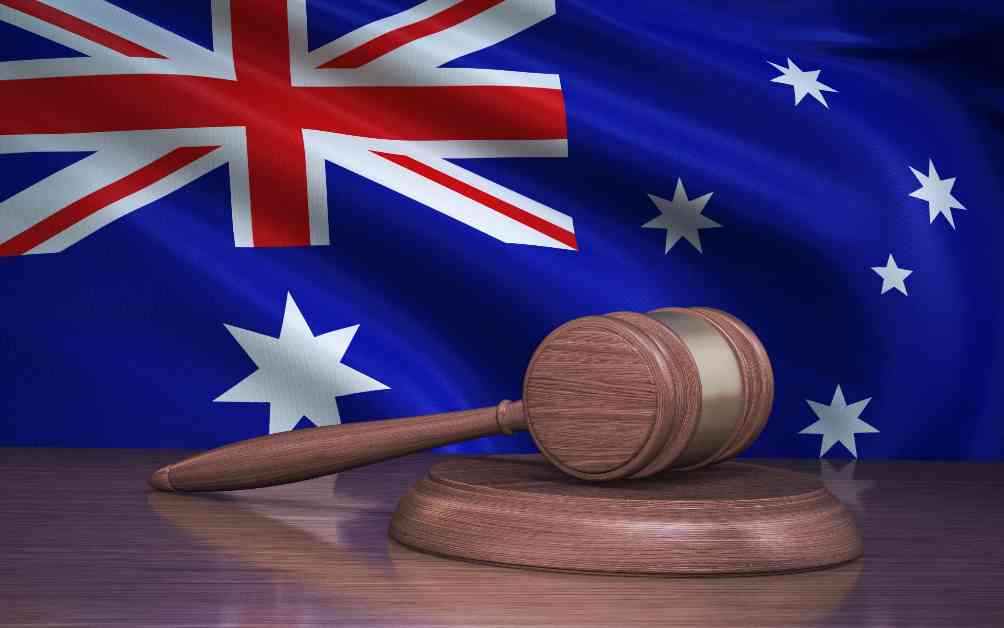Australia’s ‘Blocking Order’ Case Impacting NZ’s Piracy Debate
Piracy has been a persistent issue in the entertainment industry, with copyright laws struggling to keep pace with technological advancements. The House of Lords recognized this as early as 1988 when addressing the conflict between copyright legislation and the reality of human behavior, such as copying cassette tapes at home. Fast forward to the era of the internet, and the problem has only escalated, leading countries like Australia to take action against online piracy through legal measures like the “blocking order” regime.
Australian ‘Blocking Order’ Regime
In 2015, Australia introduced section 115A of the Copyright Act 1968, allowing copyright owners to seek injunctions against internet service providers (ISPs) to block access to infringing online locations. This landmark legislation aimed to combat online piracy by targeting websites like The Pirate Bay. The success of the first Roadshow Proceeding in 2016 set a precedent for ISPs to comply with court orders to block piracy websites within a specified timeframe.
ISPs Caught in the Crossfire
However, the cost of compliance with blocking orders has raised concerns among ISPs, who argue that they should not bear the financial burden of enforcing copyright laws. The lack of indemnification for ISPs’ compliance costs has been a contentious issue, with legal battles looming over who should shoulder the expenses associated with blocking infringing sites.
New Zealand’s Copyright Conundrum
In contrast to Australia, New Zealand’s Copyright Act 1994 does not have a clear “blocking order” regime, leaving copyright owners in a limbo when seeking injunctions against piracy websites. The ambiguity surrounding the application of blocking orders under New Zealand law has hindered efforts to combat online piracy effectively.
Renowned intellectual property expert Graeme Austin advocates for a more structured approach to blocking orders in New Zealand, similar to the Australian model. While New Zealand may be lagging behind in implementing a comprehensive blocking regime, the upcoming review of the Copyright Act in 2025 presents an opportunity to address this issue and align with international best practices.
The Future of Copyright Legislation
As technology continues to evolve, copyright laws must adapt to protect intellectual property rights in the digital age. The debate over blocking orders and their effectiveness in curbing online piracy raises crucial questions about the balance between copyright enforcement and internet freedom. Will New Zealand embrace a more proactive approach to combatting piracy, or will it continue to grapple with outdated legislation in the face of evolving digital challenges?
In the ever-changing landscape of copyright law, one thing is certain – the need for a robust legal framework that addresses the complexities of online piracy while safeguarding the rights of content creators. As the global conversation around copyright enforcement evolves, New Zealand must consider the implications of introducing a blocking order regime to stay ahead of the curve in the fight against digital piracy.





